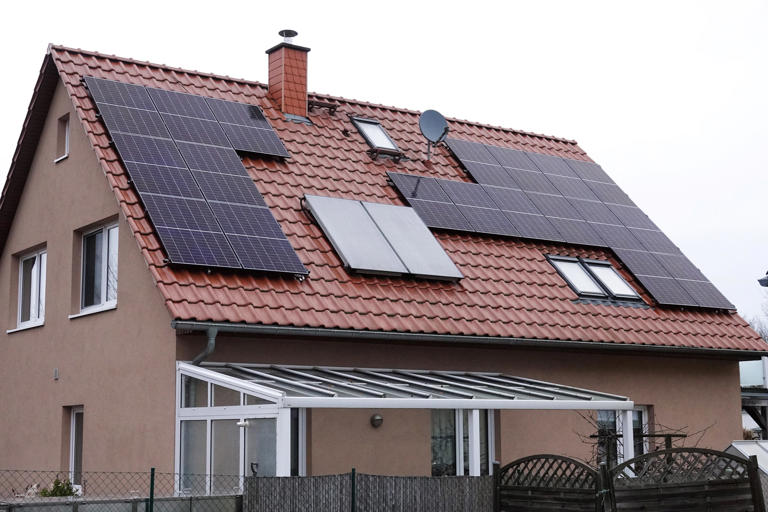US solar companies find themselves in a fierce battle against what they perceive as a looming threat to America’s burgeoning solar industry. The situation revolves around the inundation of the market with low-cost solar panels originating from Southeast Asia, allegedly facilitated by Chinese-owned firms. This flood of imports has created a surplus of solar panels, leading to a drastic reduction in prices by as much as 50% over the past year, plummeting to as low as 10 cents per watt. Consequently, this oversupply has raised concerns among US solar companies about their competitiveness and the viability of their businesses in the face of such intense competition.
Seven prominent US solar companies, including industry leaders like Qcells, First Solar, and Swift Solar, have banded together to address this issue head-on. They’ve called upon the Biden administration to intervene by imposing tariffs on solar cells originating from four key Southeast Asian countries: Cambodia, Malaysia, Thailand, and Vietnam. These companies allege that Chinese-owned firms operating in these countries are flouting trade regulations and engaging in unfair practices to gain an unfair advantage in the US market.
The surge in imports from these Southeast Asian nations has been staggering, accounting for a significant portion—around 80%—of US solar panel imports during the latter half of 2023, according to data from S&P. This deluge has resulted in an oversupply of solar panels, with warehouses now grappling with an 18-month stockpile. The precipitous drop in prices has sparked concerns among US solar companies about their ability to survive in an increasingly cutthroat market.
Tim Brightbill, a legal representative for the solar companies, emphasized the importance of safeguarding America’s solar industry against what he sees as unfair competition. He highlighted the significance of maintaining a robust domestic solar manufacturing sector, underscoring the role of American innovation and expertise in driving the solar energy revolution.
The petition filed by these US solar companies sets the stage for a rigorous investigation by the US Commerce Department and International Trade Commission. These agencies will delve into allegations of anti-dumping and countervailing practices, scrutinizing subsidies provided by Southeast Asian countries and the Chinese government to their solar industries. The outcome of this investigation will play a crucial role in determining whether tariffs will be imposed on solar panel imports from Southeast Asia.
The backdrop to this saga is President Joe Biden’s ambitious climate agenda, which aims to combat climate change and create green jobs through investments in renewable energy. However, US solar manufacturers argue that without adequate protections against unfair competition, they will struggle to thrive in an industry increasingly dominated by Chinese firms. As the Biden administration grapples with the complex dynamics of global trade and environmental policy, the fate of America’s solar industry hangs in the balance.
